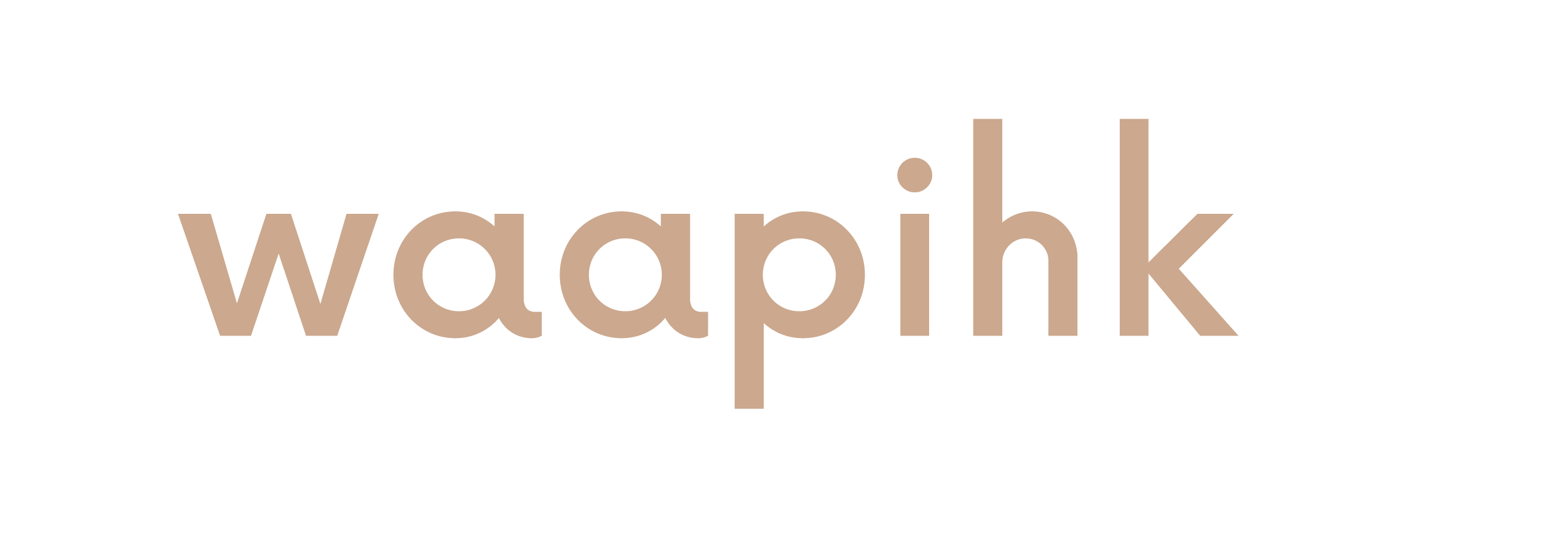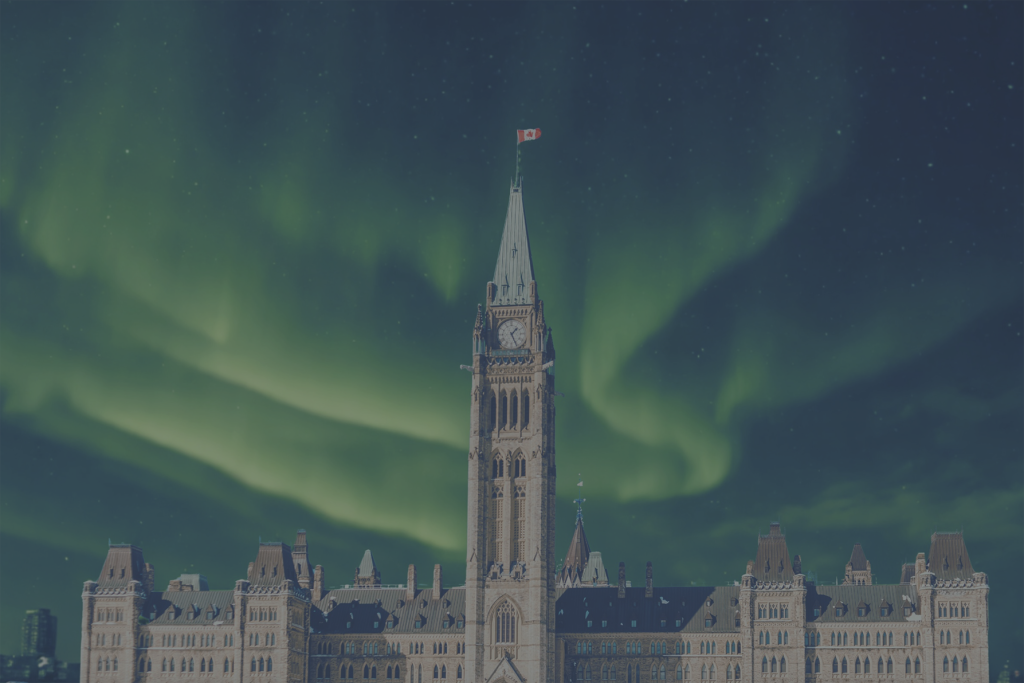Introduction
In April of 2024, both the Department of Finance of Canada and the provincial government of Manitoba released their budgets for the 2024-2025 fiscal year. These budgets include policies that affect First Nations, showing improvement in some areas while leaving other statutory obligations unmet. This blog post addresses both budgets and how key policies affect First Nations.
The Good
Joyce’s Principle
Significant funding is being allocated in 2024-2025 to address anti-Indigenous racism and discrimination in healthcare under Joyce’s Principle. Over the next five years, starting 2024-2025, $167.6 million will be spent across Canada under Joyce’s Principle. However, there is a lack of clarity as to how the funds will be spent beyond financially supporting First Nations advocates and health professionals.
The Manitoba provincial government seems committed to addressing racism in healthcare, addressing the problem in Budget 2024. A significant part of their strategy is cooperation with First Nations-led organizations and reducing barriers to entering health-relahttps://www.gov.mb.ca/asset_library/en/budget2024/budget2024.pdfted professions, although specific funding amounts are not identified. As an example, Ka Ni Kanichihk in Winnipeg will serve as a culturally-appropriate access point for the Sexual Assault Nurse Examiner program (SANE), although the amount of funding provided to support this work is not made explicit.
Harm Reduction
Supported internationally by organizations such as the United Nations, Manitoba has only recently introduced harm reduction programming and approaches. Harm reduction seeks to reduce harms associated with addictions and substance use through approaches that are not predicated on abstinence.
The 2024 Manitoba budget plans to spend $11 million on mental health and addictions services, including 20 new mental health workers, $2.5 million to develop a supervised consumption site in the city of Winnipeg, $1.5 million on addictions treatment, and $500,000 on 24/7 sobering centres in the cities of Brandon and Thompson. This represents a significant improvement in government-led services, which will be distributed across the province to improve access. This is significant, given a 2023 report found that more First Nations, particularly women, are dying from toxic drugs compared to non-First Nations people and several First Nations in Manitoba have recently declared states of emergency due to growing mental health and substance use crises.
The Bad
Jordan’s Principle and An Act Respecting First Nations, Inuit, and Métis Children, Youth and Families
A total of $1.8 billion is proposed for all provinces and territories over 11 years to support An Act Respecting First Nations, Inuit and Métis Children, Youth and Families and self-administered First Nations child and family services in Budget 2024. This is much less than the $793.4 million proposed by the Assembly of Manitoba Chiefs (AMC) in 2024-2025. Consistent with federal legislation, the Manitoba plans to continue the transfer of child and family services to First Nations. This amounts to paltry funding to support a program estimated to cost $3.7 billion in 2024-2025.
Budget 2024 also identifies $1.6 billion in Jordan’s Principle spending for all provinces and territories over two years starting 2023-24. This roughly matches the $773 million for each of five years promised in Budget 2022. Given that Jordan’s Principle spending exceeded $1.0 billion in 2022-2023, there is reason to assume spending would be comparable in subsequent years as a significant number of requests are still being submitted and backlogged. The backlog is also likely to grow, as Indigenous Services Canada (ISC) intends to layoff 450 employees in 2024-2025. It can be assumed that funding will therefore be insufficient to meet existing demand.
Policing
Another policy area seeing an increase in funding in the 2024 federal budget is First Nations self-administered policing. Policing of reserves is a historically contentious subject, with institutions such as the North-West Mounted Police and Royal Canadian Mounted Police being used to enforce the Pass System. As such, the $267.5 million over five years starting in 2024–2025, with an ongoing $92.5 million annually for First Nations and Inuit Policing Program is a welcome change, signaling a shift towards more First Nations-informed policing.
Similarly, the Manitoba Budget 2024 includes an increase of $8.6 million, part of which will go toward funding for the First Nations and Inuit Policing Program (FNIPP) to, “…transform Indigenous policing into an exercise in self-governance and self-determination and ensure that funding is equitable with other non-Indigenous police services in Canada.”
While the increase in spending is welcome, it falls short of the $89.6 million needed for First Nations policing in Manitoba in 2024 alone.
Unclear Delineation of Funds
The 2024 federal and provincial budgets often both fail to distinguish between First Nations, Métis, and Inuit peoples. Use of the broad term “Indigenous” results in the amount of funding specifically for First Nations being unclear. First Nations, Inuit, and the Métis must all be recognized as distinct peoples and funded with considerations to their specific self-determined needs.
The Ugly
Housing
According to the AMC, Manitoba requires $10.1 billion in spending for on-reserve housing and $472.6 million for off-reserve housing in 2024-2025. This aligns with the current housing and infrastructure deficit for First Nations across Canada, estimated at over $425 billion. Despite this crisis, Budget 2024 proposes only $918 million over five years for First Nations housing and community infrastructure in all provinces and territories. A further $4 billion will be provided over seven years to advance the Urban, Rural, and Northern Indigenous Housing strategy, set to launch in 2024-25. However, these minor top-ups do little to address the shortage of housing in communities such as Peguis First Nation, which lacks some 800 houses as of August 2023. Furthermore, this “too little, too late” funding will allow the deficit in housing and infrastructure to grow, making it harder to correct in the future.
A further $6 billion in funding for housing development was announced by the federal government before the official release of the 2024 budget. However, funds would first flow through municipalities and provincial governments while being subjected to Terms & Conditions. This will impede First Nations access to the fund, undermining the long-promised renewed fiscal relationship between First Nations and Canada.
Manitoba has announced $116.2 million in 2024 to build 350 social housing units and repair another 3,000. This is complimented by a new Rental Housing Construction Tax Credit that incentivizes the construction of affordable housing. The use of housing development funds will be guided, in part, by First Nations, and go towards projects such as the Southern Chiefs’ Organization (SCO) redevelopment of the Rubin Block. However, it is unclear how much funding First Nations will receive, or if these funds will come from the aforementioned $6 billion promised by the federal government in April 2024.
Final Thoughts
The 2024 federal and provincial budgets demonstrate both progress and persistent shortcomings in meeting First Nations’ needs. While initiatives like Joyce’s Principle, harm reduction, and community-informed policing signal positive steps, critical gaps remain in areas such as housing, child and family services, and clear distinctions in funding for First Nations. Without adequate and targeted investments, statutory obligations will continue to go unmet, and the urgent needs of First Nations will remain unresolved.












Share the article